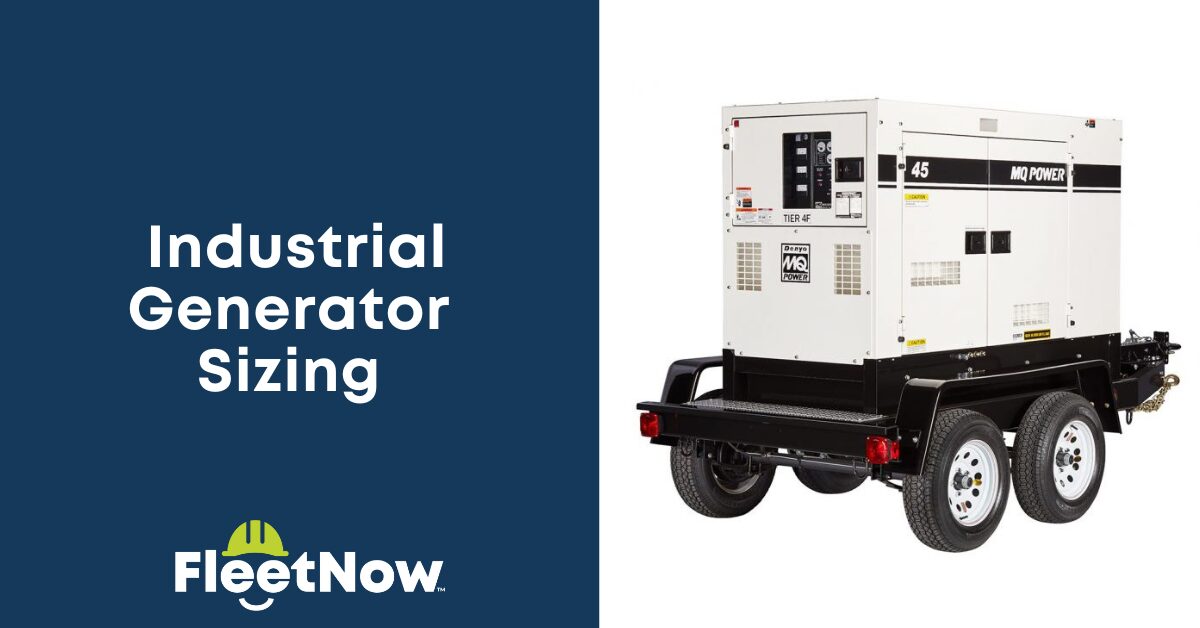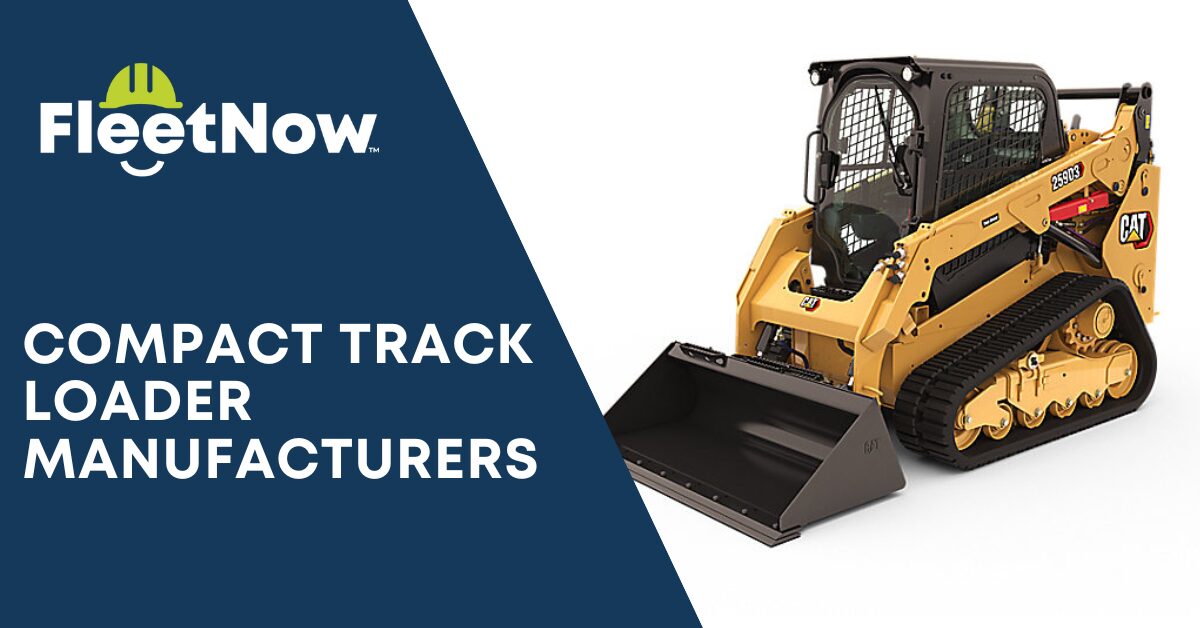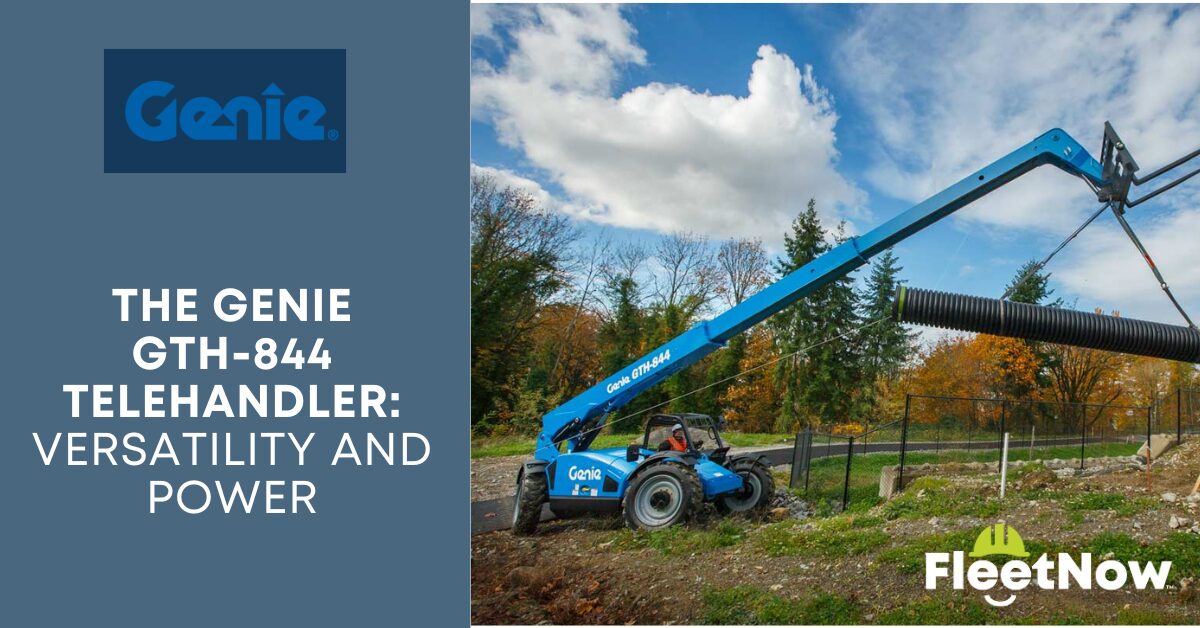Industrial Generator Sizing
Choosing the right size for an industrial generator is crucial to avoid downtime and keep operations running smoothly. Whether you’re using it for backup power or primary energy on a job site, getting the sizing right will save you a lot of headaches down the line. Here’s how to figure out what size generator you need without overcomplicating things.
1. Determine Your Power Requirements
Start by figuring out how much power all your equipment, lights, HVAC systems, and other electrical needs will require. You’ll need to check two key things: the running watts and the starting watts.
- Running Watts: This is how much power everything uses when it’s operating normally.
- Starting Watts: Some equipment (especially anything with motors) will need more power to start up. Starting watts are often a lot higher than the running watts.
For example, if you have a few large machines, they’ll likely require a big surge of power when they’re first turned on. If you don’t factor that in, your generator could struggle and even fail to start the equipment
2. Consider Your Fuel Options
Different generators run on different fuel types—diesel, natural gas, or propane. Each has its pros and cons, but availability and cost in your area may play a big role in the decision. Diesel is typically the most common for industrial generators because it’s reliable and can handle high loads for extended periods.
Also, think about how long you’ll need the generator to run without refueling. If it’s a backup power system, will you have regular access to refuel during an emergency, or do you need something that can run longer on a single tank?
3. Load Management
Do you plan on running all your equipment at the same time, or will you stagger the load? Load management helps you avoid overloading the generator, especially during the startup phase when certain machines might draw extra power. By prioritizing certain systems or alternating usage, you can use a smaller generator more efficiently.
4. Consult with an Expert
Sizing a generator can get technical depending on the complexity of your operation. It’s always a good idea to consult with a professional who can take a deeper look at your power load and help you avoid any miscalculations.
FAQs About Industrial Generators
What’s the difference between running watts and starting watts?
Running watts refer to the continuous power needed to keep equipment running, while starting watts (also called surge watts) are the extra power required to start up equipment, especially motors. Starting watts are typically higher than running watts.
Which fuel type is best for industrial generators?
Diesel is the most common fuel for industrial generators due to its reliability and efficiency for heavy loads. However, natural gas and propane can also be used, depending on availability, cost, and environmental concerns.
How long can industrial generators run consistently?
his depends on the size of the fuel tank and the type of generator. Some generators can run for 24-48 hours on a single tank, while others can run continuously for weeks, assuming refueling is managed.
Can a generator run in all weather conditions?
Industrial generators are designed to operate in various conditions, but they should be properly housed or sheltered to protect them from extreme weather like rain, snow, or heat. Regular maintenance ensures they perform well in different environments.
Can I use an industrial generator as a primary power source?
Yes, industrial generators can be used as a primary power source in remote locations or for operations that are not connected to the grid. However, you’ll need to ensure you have enough fuel supply and proper load management in place.











